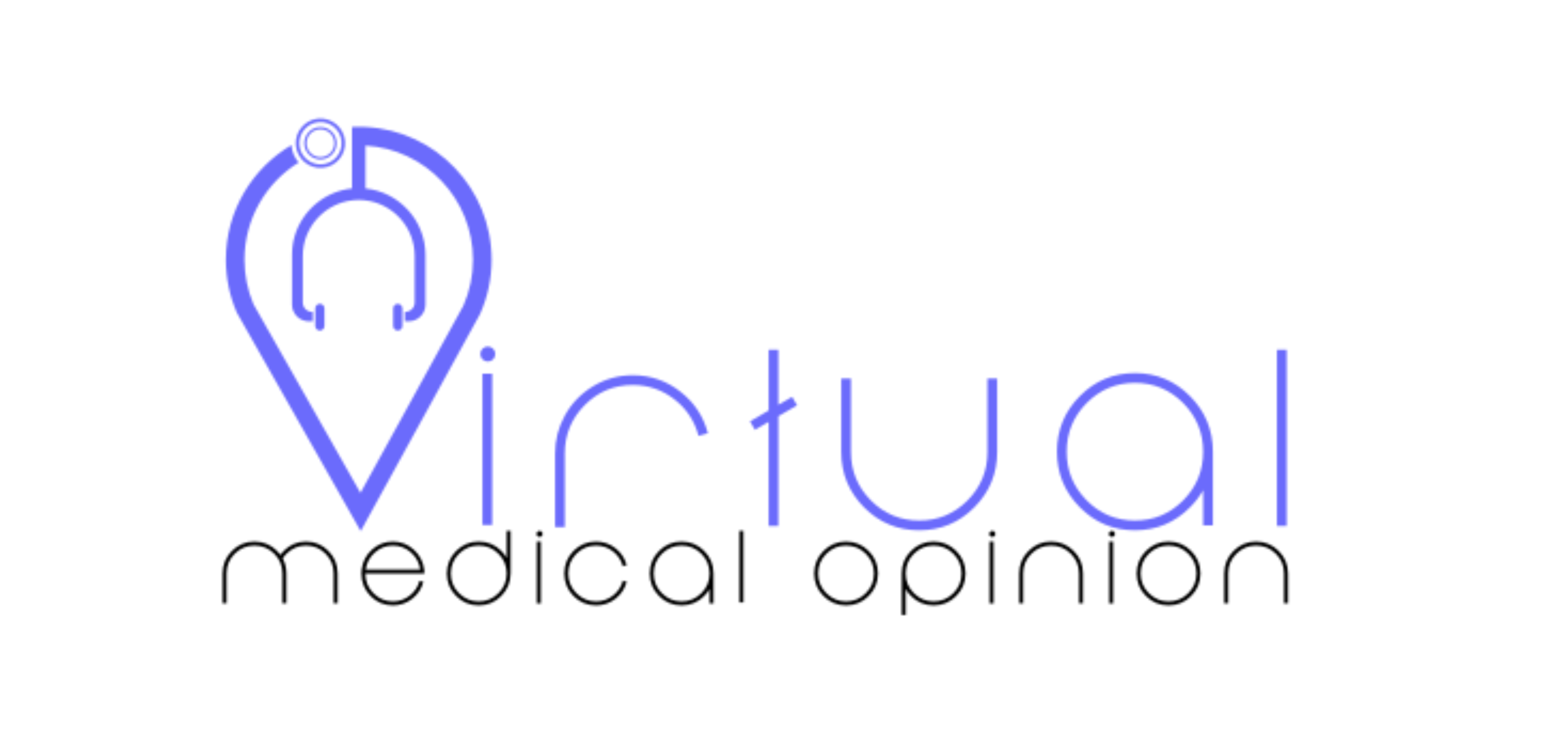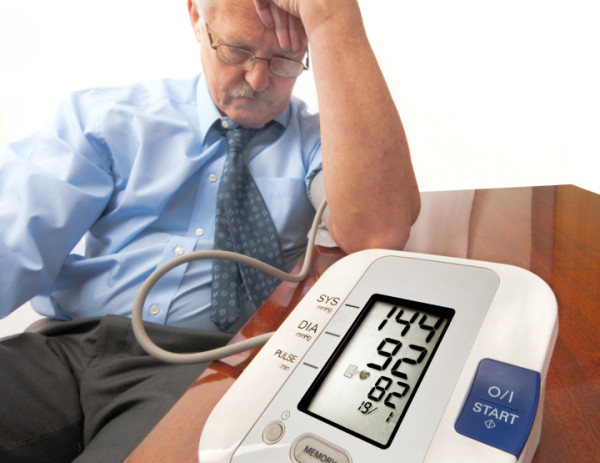High blood pressure happens when the force on the walls of blood vessels (caused by the blood within them) is more than normal. This means the heart has to work harder and the blood vessels are under more strain, making it a major risk factor for heart disease, stroke and other serious conditions. Healthcare professionals sometimes call high blood pressure 'hypertension'.
Signs and symptoms:
Most of the time, high blood pressure has no symptoms. It is known as the silent killer.
Symptoms people may think are due to high blood pressure include:
● difficulty sleeping
● nosebleeds
● sweating
● facial flushing
● nervousness
● blood spots in the eyes
● dizziness
When to see a doctor?
Although high blood pressure does not usually cause symptoms, anyone experiencing a sudden, severe headache or nosebleed should check their blood pressure.
If their blood pressure is above 180/120 mm Hg, they should stay rested for 5 minutes and recheck their blood pressure. If the blood pressure is still higher than 180/120 mm Hg, they need to seek medical help at their doctor’s office.
If a person is experiencing severe symptoms, such as chest pain, shortness of breath, or visual difficulty, they need to call 911 for emergency medical treatment as they may be experiencing a hypertensive crisis.
Medications to reduce blood pressure can cause side effects such as dizziness. If this side effect does not go away or affects a person’s daily activities, they should speak with their family doctor.
بلند فشار خون
ہائی بلڈ پریشر اس وقت ہوتا ہے جب خون کی رگوں کی دیواروں پر قوت (رگوں کے اندر خون کی وجہ سے)معمول سے زیادہ ہو۔ اس کا مطلب ہے کہ دل کو خون پمپ کرنے میں زیادہ محنت کرنی پڑتی ہے اور خون کی رگیں زیادہ دباؤ میں آجاتی ہیں ،جو کہ دل کی بیماری ، اسٹروک اور دیگر سنگین مسائل کا سبب بن جاتا ہے۔ صحت کے پیشہ ور افراد بعض اوقات ہائی بلڈ پریشر کو 'ہائیپر ٹینشن' کہتے ہیں۔
نشانات و علامات
زیادہ تر وقت ، ہائی بلڈ پریشر کی کوئی علامات نہیں ہوتی ہیں۔ اسے خاموش قاتل کہا جاتا ہے۔
علامات جو کہ ہائی بلڈ پریشر کی وجہ سے ہیں ان میں شامل ہیں
سر درد
سونے میں دشواری
ناک سے خون بہنا
پسینہ آنا
چہرے کا رنگ اڑنا
گھبراہٹ
آنکھوں میں خون کے دھبے
چکر آنا
ڈاکٹر سے کب ملنا ہے۔
اگرچہ ہائی بلڈ پریشر عام طور پر علامات کا باعث نہیں بنتا ، لیکن اگر کسی کو اچانک شدید سردرد یا ناک سے خون آ رہا ہو تو اسے اپنا بلڈ پریشر چیک کروانا چاہیے۔
اگر ان کا بلڈ پریشر 180/120 ملی میٹر سے اوپر ہے تو انہیں 5 منٹ آرام کرنا چاہیے اور اپنے بلڈ پریشر کو دوبارہ چیک کرنا چاہیے۔ اگر بلڈ پریشر اب بھی 180/120 ملی میٹر سے زیادہ ہے ، تو انہیں اپنے ڈاکٹر سے طبی مدد لینے کی ضرورت ہے۔
اگر کوئی شخص شدید علامات کا سامنا کر رہا ہے ، جیسے سینے میں درد ، سانس کی قلت ، یا دیکھنے میں دشواری تو اسے ہنگامی طبی علاج کے لیے 911 پر کال کرنے کی ضرورت ہے کیونکہ وہ ہائی بلڈ پریشر کا شکار ہو سکتا ہے۔
دوائیں جو بلڈ پریشر کم کرتی ہیں وہ چکر آنا جیسے مضر اثرات کا سبب بن سکتی ہیں۔ اگر یہ مضر اثر دور نہیں ہوتے ہیں یا کسی شخص کی روز مرہ کی سرگرمیوں کو متاثر کرتے ہیں تو اسے اپنے فیملی ڈاکٹر سے بات کرنی چاہیے۔
Doctors to consult (Cardiologist):
Dr Ahsan Raza, Dr. Altaf Hussain, Dr. Patel Tajuddin
Note: Click the Doctor's name to make an appointment.
Reference:
https://www.medicalnewstoday.com/articles/327320#when-to-see-a-doctor
https://www.cdc.gov/bloodpressure/materials_for_patients.htm
https://patient.info/heart-health/high-blood-pressure-hypertension#nav-0

